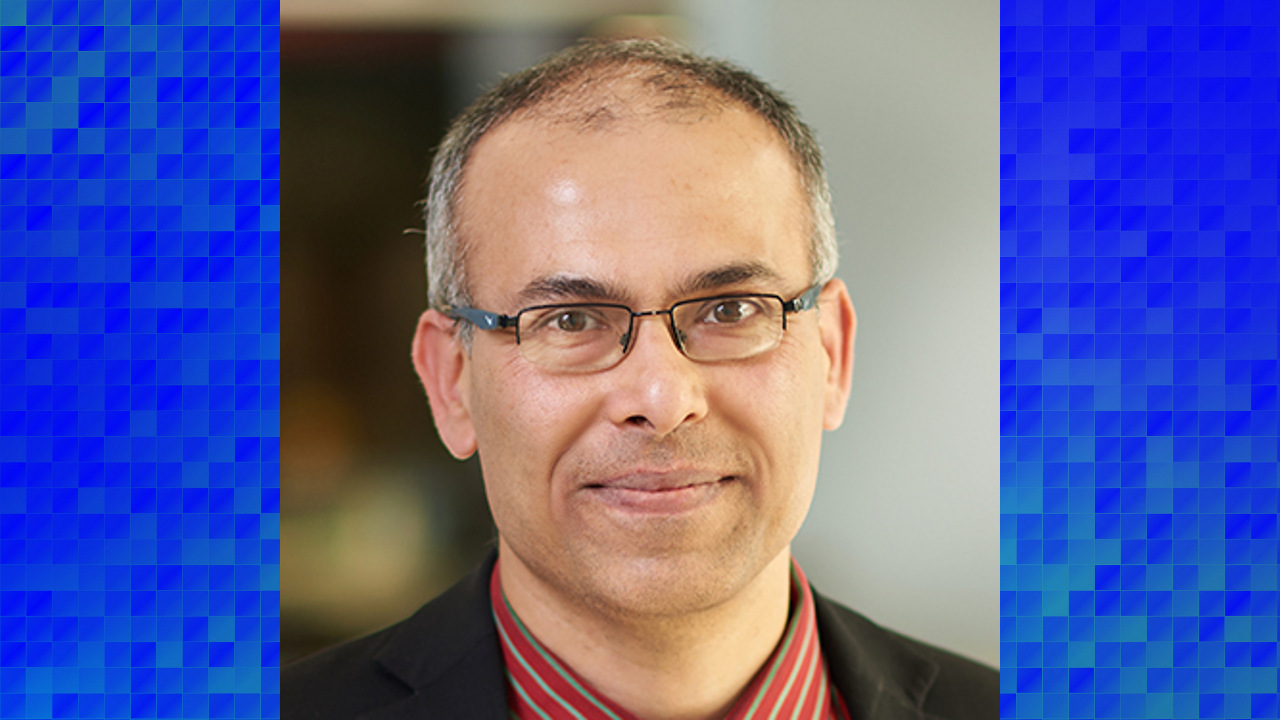Tenure is this seemingly magical elevation in academia that grants you the power, nay, the opportunity to do adventurous things, secure in the knowledge that you have a permanent job. Well, if you are thinking that nothing is permanent except for death and taxes, you are right; tenure is permanent with several corner cases. With several states including Indiana instituting post-tenure review, the corner cases may yet become more numerous. But that is for a yet speculative future; here I will reflect on a few substantive things that I see change post-tenure. For each, I will mention what is the ideal and then the varying shades of that ideal that are reached in practice by different people. In a nod to the factcheckers who will need to go on overdrive this election cycle, I labeled each item, ranging from “Pants on Fire” to “Mostly True”.
- I can work on anything (in research) that I wish to
- I can say no to university administrators
- I can create a better work-life/home-life balance
- I can teach what I like and how I like
1. I can work on anything that I wish to
Half true
The reality of research in the U.S. academic system is that you need to get research funding to make any significant progress. The corner case is you can get some qualified researchers to work with you under university-level funding (as Fellowships or Teaching Assistantships) but those are rare to get continued with the level and the continuity needed to make research impact. Therefore, while you can technically work on anything your heart desires, in practice, you can work on topics you are adept enough to get research funding for.
What is definitely true is that you no longer have to carefully divvy up your research question into pieces where you can show progress over short durations (a year or two years). Rather, you can focus on somewhat longer-term research questions, modulo the flexibility of what you can get research funding for. It is well known that many research dollars come with short strings attached, of the kind where you have to show notable progress in time periods of the order of a year. Then, you are back to the constraint that you had pre-tenure, a seamy outcome of which is to have finely diced publications that do the barest minimum needed to get accepted at a reasonably prestigious conference or journal.
But overall, one can rejoice that post-tenure you can afford to take more risks on the research questions that you pursue. As long as you have some winners, you can afford to have some flame out with only a whimper. Pre-tenure, you had to pick your problems with greater circumspection, something that makes for incremental progress, but not the major breakthroughs that science and technology so sorely needs.
2. I can say no to university administrators (and senior colleagues)
Mostly false
It is true that you can afford to tick some people off post-tenure as they would not have the sword to hang over your head. We know how, during a tenure discussion, even a single stray remark, whether ill-intentioned or not, can capsize the tenure case. Post tenure, you can push back some to unreasonable demands. However, you would be well advised not to make a habit of that. You do not want to be thought of as an obstructionist, not a team player, because such people rarely rise high.
When an administrator comes to you with a request, you should still give it a thoughtful hearing and if you have to say no, have a rational, non-emotional reason. Tenure is but one step in the advancement ladder, albeit a supremely important one. As you look to climb other rungs of the ladder, having a perception and a record of being constructive, rather than a naysayer, are valuable.
3. I can create a better work-life/home-life balance
Mostly true
Arguably, even pre-tenure, you should not need to sacrifice a balanced approach to work life vs. home life. We often create this self-imposed rush, to more papers, more research dollars, and more students graduated. We do this because we know these would be counted for the tenure decision, and no one tells you how much is enough for you to safely sail through. Therefore, we create a cycle of shooting for more and more.
It turns out that post-tenure, despite the lack of the obvious external stimulus, we tend to do more than before tenure. This can be taken as an indication of the success of the tenure system—it has “weeded out” those who are not cut for this limitless striving (and lest anyone misreads this, I think this striving is mostly good) and has rewarded those who are motivated to reach higher and higher. In terms of the traditional metrics of productivity, the median for faculty members’ post-tenure is higher. Though, as before pre-tenure, one can put a personal cap on what one needs to shoot for. Thus, the balance is a personal choice and one that, despite illusions to the contrary, is not imposed from up above.
4. I can teach what I like and how I like
Pants on fire
Pre-tenure, you have to generally go by what your department leadership wants you to teach and for fear of ticking people off (see point #2), you do not push back much to your teaching assignment. Any enlightened department does try to cushion the teaching assignment for pre-tenure faculty so that one can focus on the metrics needed for tenure — for research-intensive universities, this is clearly research. So if you are at one of these institutions, your teaching assignment is likely palatable, say one undergraduate class one semester and one graduate class the other. For the undergraduate class, it is not one of those dreaded lower level ones, where the student ratings just stink, but rather upper level classes with reasonable size (say less than 100). For the graduate class, it may be one that is aligned with your research, one that is near and dear to your heart and that you have lovingly created.
After tenure, you may be thrown to the deep end and asked to teach some challenging undergraduate courses, say, lower level ones where students are often unprepared for the material and consequently, end up finding the course rough. You may no longer enjoy the 1:1 mix of undergraduate and graduate level classes, with the undergraduate proportion increasing. You do not have much recourse to change this assigned mix of classes. So it is decidedly unlikely that you can teach what you like. Also, you will continue to care about how learners respond to your class because student evaluation ratings still remain, despite much hand wringing, the dominant method to evaluate your teaching accomplishments. And this matters for further advancement in your career. Thus, you will surely not want to teach however you like, if it runs the risk of ticking off enough learners in your class.
In Conclusion
To sum, tenure is a hallowed tradition in academia, well worth the aura it enjoys. It allows us to take on ambitious projects by providing a safety net. And the results overall bear out the positives of the tenure system — greater good for research, for society due to smart people being free to dream big and execute fearlessly. In this article, I have reflected on four aspects that people often bring up as outcomes of getting tenure and how much of an academic myth each is, or not.
Saurabh Bagchi is a professor of Electrical and Computer Engineering and Computer Science at Purdue University, where he leads a university-wide center on resilience called CRISP. His research interests are in distributed systems and dependable computing, while he and his group have the most fun making and breaking large-scale usable software systems for the greater good.




Join the Discussion (0)
Become a Member or Sign In to Post a Comment